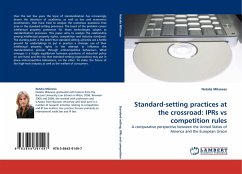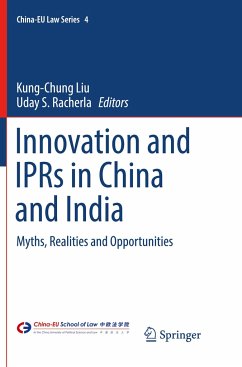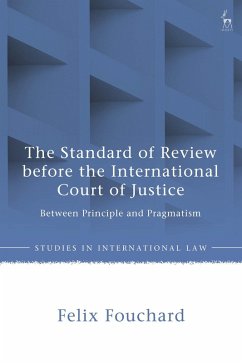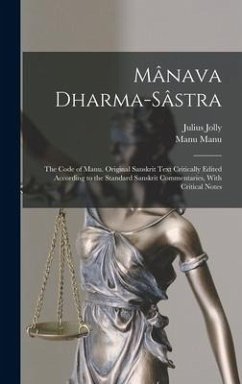
Standard-setting practices at the crossroad: IPRs vs competition rules
A comparative perspective between the United States of America and the European Union
Versandkostenfrei!
Versandfertig in 6-10 Tagen
39,99 €
inkl. MwSt.

PAYBACK Punkte
20 °P sammeln!
Over the last few years the topic of standardization has increasingly drawn the attention of academics as well as law and economics practitioners, that have tried to analyse the numerous questions that arise in the standard-setting processes. The heart of the problem covers intellectual property protection for those technologies subject to standardization processes. This paper aims to analyse the relationship among intellectual property rights, competition and industry standards. The starting point is the belief that standard-setting activities are a fertile ground for undertakings to put in p...
Over the last few years the topic of standardization has increasingly drawn the attention of academics as well as law and economics practitioners, that have tried to analyse the numerous questions that arise in the standard-setting processes. The heart of the problem covers intellectual property protection for those technologies subject to standardization processes. This paper aims to analyse the relationship among intellectual property rights, competition and industry standards. The starting point is the belief that standard-setting activities are a fertile ground for undertakings to put in practice a strategic use of their intellectual property rights in the attempt to influence the standardization process through anticompetitive behaviours. What emerges is a fragile equilibrium between questions of industrial policy on one hand and the risk that standard-setting organizations may put in place anticompetitive behaviours, on the other. At stake, the future of the high-tech industry as well as the welfare of consumers.












